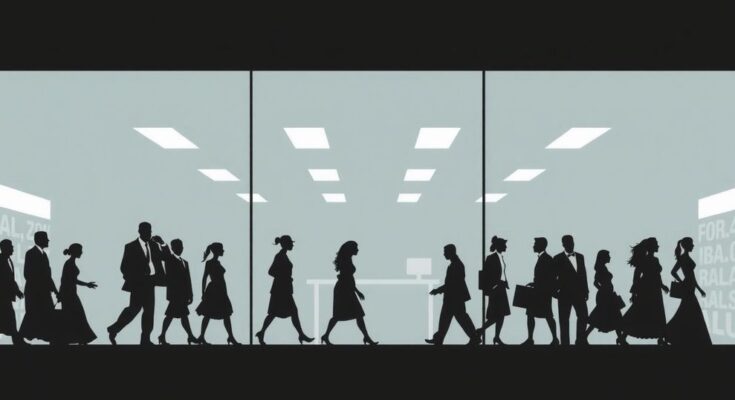The Zimbabwe Gold currency, introduced in April, has faced a significant loss of value, falling 80% against black market rates. Retailers attribute their operational difficulties to the government’s fixed exchange rates, which encourage a dual pricing system and threaten the viability of formal shops. Major businesses are now compelled to operate primarily in foreign currencies, distancing themselves from the local currency due to its depreciation and volatility.
Since the launch of the Zimbabwe Gold currency (ZiG) in April, it has dramatically depreciated by 80% on the black market, raising significant concerns among retail establishments. Retailers argue that the government’s rigid exchange rate system, which currently values US$1 at ZiG13.9, is detrimental to their businesses and contributes to market volatility. They contend that such a rate unjustly favors the local currency over the South African rand, leading to a challenging environment for formal retailers. Officials created ZiG to stabilize the nation’s economy and counter extreme inflation; however, the currency is perpetuating a severe two-tier pricing structure. Retailers, operating through the Retailers Association of Zimbabwe (RAZ), expressed that the compulsory rates imposed by the government are pushing them toward bankruptcy. Suppliers are increasingly relying on the black market exchange rates to set their prices, forcing retailers to either raise prices or absorb significant losses. Major retail chains, including South African-owned TM Pick n Pay and OK, voiced their concerns, pointing out the unsustainable nature of the current exchange rate. Suppliers are contending with a shortage of foreign currency and are compelled to maintain distinct price lists for sales in local currency compared to foreign currencies due to disparity in the exchange rates. As a result, numerous retail businesses have ceased using ziG altogether, opting for transactions in foreign currencies instead. Interestingly, the example of Boom washing powder illustrates these challenges; while it should theoretically cost ZiG70.60 according to official rates, the suppliers are demanding ZiG102.45. Retailers fear that such discrepancies will drive customers away from formal shops toward black market alternatives, potentially leading to widespread closures.
The Zimbabwean economy has faced considerable difficulties in recent years, with hyperinflation and unstable monetary policies contributing to a lack of confidence in local currencies. The introduction of the Zimbabwe Gold (ZiG) currency aimed to stabilize the economy, yet it seems to have exacerbated issues related to currency devaluation and price volatility. Retailers are struggling to adapt to the mandates of the government regarding exchange rates, with significant implications for their operational viability.
In conclusion, the introduction of the Zimbabwe Gold currency has not yielded the intended stabilizing effects on the economy. Instead, it has resulted in a perilous environment for formal retailers, who are compelled to navigate the challenges posed by a two-tier pricing system and the dominance of black market rates. The retailers advocate for a reevaluation of the government’s approach to exchange rates, emphasizing the necessity for more sustainable practices to ensure their survival in a volatile economic landscape.
Original Source: www.news24.com




